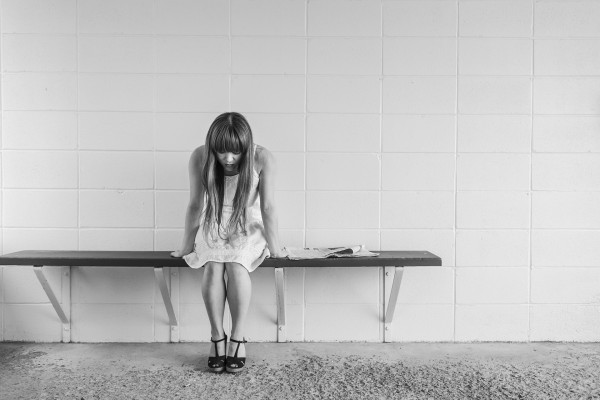By Rhonda Stanton, Psychologist
“I can’t do this… why did I agree to do come to this party… I look fat in this dress… my mind has gone blank… they will think I’m an idiot… I can feel my cheeks burning… I feel sick…”.
For many of us, being asked to deliver a speech or meeting new people for the first time is likely to cause anxiety. It is normal to feel a bit nervous or uneasy in situations where we are likely to be scrutinized by others. However, social anxiety is a condition where people experience an intense and irrational fear of social interaction that is excessive and beyond simple nervousness.
Social anxiety usually begins in adolescence and can be attributed to being introverted or shy. However, social anxiety is much more than this. Some characteristics include:
- Having a persistent fear of one or more social situations where the person is exposed to unfamiliar people, or potential scrutiny by others
- Feared situations are endured with significant distress or avoided altogether
- The person realizes that the fear is irrational
- It interferes significantly with daily life
Physical symptoms can include:
- Nausea
- Diarrhea
- Blushing
- Stammering
- Perspiration
- Dry mouth
- Shallow and fast breathing
- Tense muscles
As a consequence of the thoughts, emotions and bodily symptoms, people may begin to change their behaviours such as avoiding social situations or increasing alcohol consumption to numb symptoms. A vicious cycle begins. The good news is that social anxiety responds well to treatment. If you think you may have social anxiety, ask your GP about a Mental Health Care Plan and referral to a psychologist.
Rhonda works from Psychology Consultants Morningside on Monday, Friday and Saturday. To read more about her click here.
